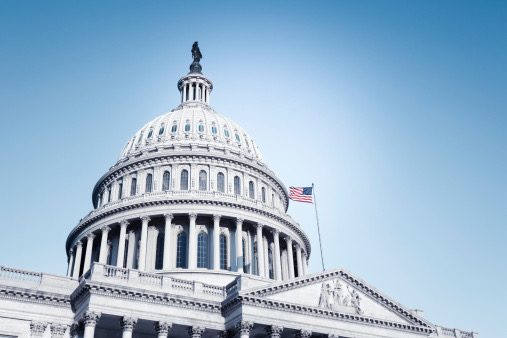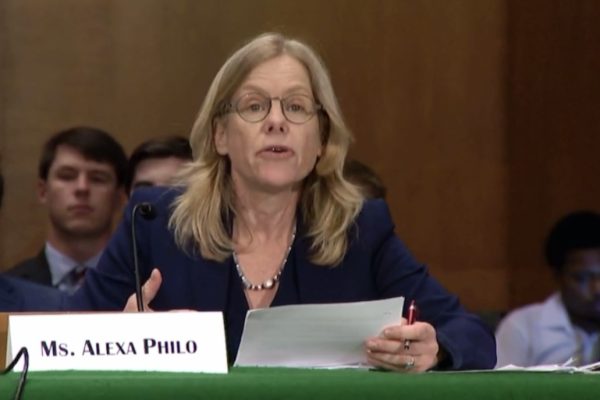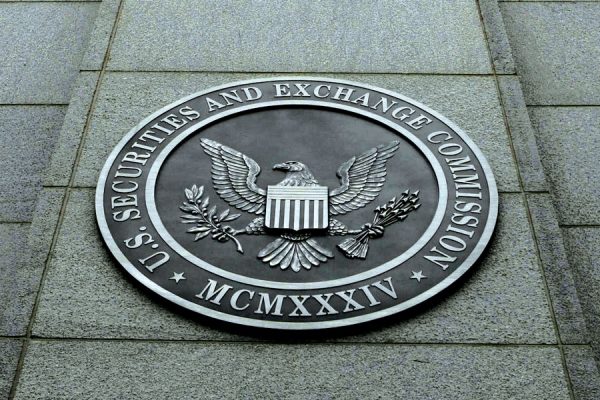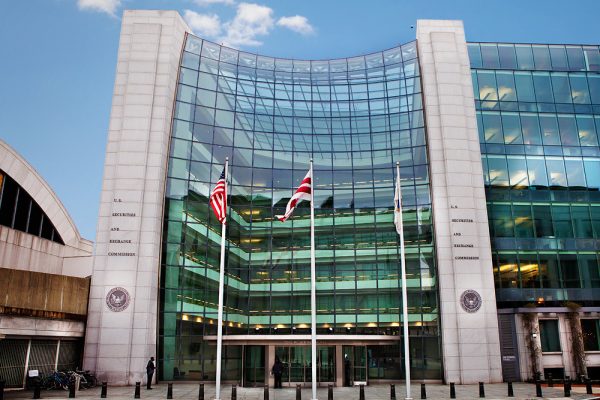AFREF led a letter with 29 signers to the Securities and Exchange Commission reiterating the important need to pass a strong set of final rules related to requiring private fund advisers to disclose a complete breakdown of fees/expenses, assumptions used to calculate returns, and the existence of side letters to investors.
The letter is also urging the SEC to finalize a strong set of rules related to requiring private fund advisers over a certain size to report more detailed information about their holdings confidentially to the SEC so that the SEC and other financial regulatory agencies have much greater insight into the risks in the $21 trillion private fund space where there is currently little visibility in order to better safeguard the financial system.









